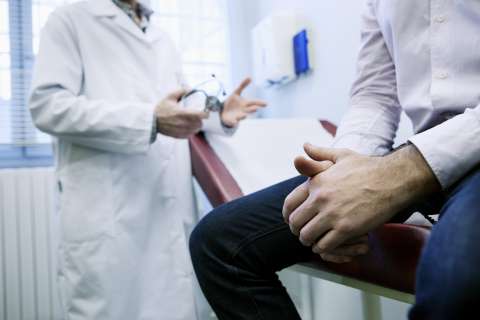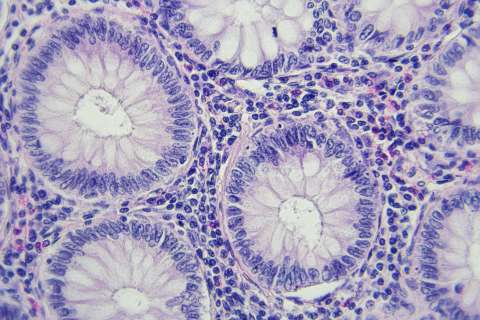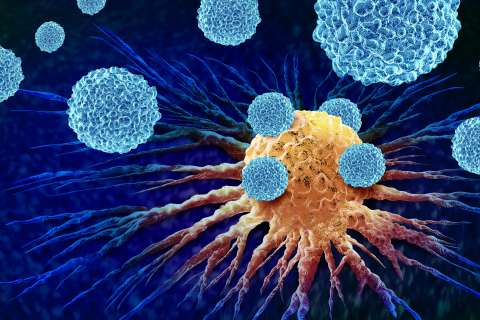Researchers have developed a breakthrough in cancer treatment known as chimeric antigen receptor (CAR) T-cell therapy. This promising form of immunotherapy attacks cancerous cells in the body. In 2017, the U.S. Food and Drug Administration (FDA) approved the first CAR T-cell treatments for patients with specific types of leukemia and lymphoma.
What is CAR T-cell therapy?
Immunotherapy is a treatment for diseases like cancer. It works in two ways:
- By stimulating the body’s natural immune defenses to more effectively or aggressively attack all cancer cells
- By modifying immune system properties, like proteins or cells, to attack specific cancers
CAR T-cell therapy is the second type of immunotherapy: It activates a specific immune response.
What are T-cells?
T-cells are white blood cells that serve as the front line of the body’s immune defense system. In CAR T-cell therapy, doctors collect a blood sample from the patient and isolate the T-cells.
Scientists genetically modify the T-cells to equip them with a chimeric antigen receptor that seeks out a specific protein found on the surface of some cancer cells. The genetically modified T-cells find and destroy cancer cells that have the protein — including certain leukemia and lymphoma cells.
How effective is CAR T-cell therapy?
The FDA has approved the therapy for patients whose leukemia or lymphoma is not responding to traditional treatment. It is also approved if they have a relapse following what appeared to be a successful treatment. The level of success after a single session of CAR T-cell therapy is impressive:
- Half of patients with lymphoma are still in remission 15 to 24 months after treatment
- Eighty-three percent of patients with leukemia show complete remission within three months of receiving the treatment
Though more studies are needed to determine long-term remission rates, the above rates of remission indicate 79 percent of patients are still alive 12 months after treatment. This rate is far higher than doctors expect of standard treatments.
What are the side effects of CAR T-cell therapy?
Some patients may experience side effects with this form of immunotherapy, including:
- Cytokine release syndrome (CRS): This syndrome causes flu-like symptoms. Respiratory distress and multi-organ failure are possible. While more than 90 percent of people treated with CAR T-cell therapy experience CRS, most have mild symptoms that develop within the first week and resolve within eight days.
- Neurologic toxicity: Previously called CAR T-cell-related encephalopathy syndrome, this condition is now called immune effector cell-associated neurotoxicity syndrome (ICANS). Up to 67 percent of patients with lymphoma and 62 percent of patients with leukemia will experience ICANS. Symptoms may include confusion, language disturbance, motor weakness, seizures and headache. Most symptoms reverse within the first three to four weeks of treatment.
Research paves the way for further CAR T-cell therapy breakthroughs
While CAR T-cell therapy is currently only approved for two types of blood cancers, research continues to determine if it can be used to treat other types of cancers.
Scientists at UCLA Jonsson Comprehensive Cancer Center were instrumental in the initial studies that led to the 2017 FDA approval of CAR T-cell therapy. They are exploring future uses through several ongoing clinical trials. Patients who participate in CAR T-cell clinical trials at UCLA Health:
- Move from evaluation to treatment within one month
- Are typically hospitalized for at least one week following infusion
- Must remain close to the treating medical center for the first month after treatment to monitor side effects
Besides exploring new uses for the therapy, scientists are also investigating strategies to reduce and ease related side effects.
Learn more about CAR T-cell therapy by reading our frequently asked questions. Patients can learn more about clinical trials or the therapy by calling 888-ONC-UCLA.



